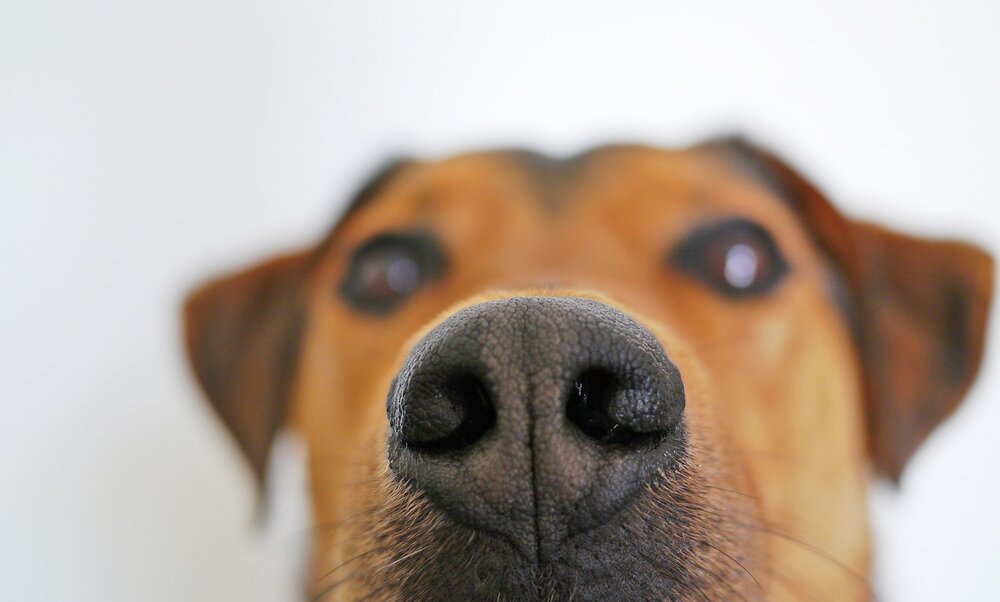Originally published by Lori-Ann Craig.

On April 27, 2020, Texas Governor Greg Abbott issued Executive Order 18, announcing the reopening of services and busineeses beyond those originally considered essential. Subject to certain restrictions listed in the Executive Order and in the full Governor’s Report to Open Texas, certain businesses, such as retail shops, restaurants, move theaters, shopping malls, golf courses, and museums and libraries will be able to open for up to 25 percent of its listed occupancy. These businesses are still required to follow the minimum standard health protocols recommended by the Texas Department of State Health Services (TDSHS) and should continue to follow social distancing guidelines. The wearing of face masks or other types of face covering is still encouraged. The 66-page report details the multi-phase plan that the governor and the Strike Force to Open Texas have established to reopen Texas and gradually begin the process of returning to work and participating in other activities. One of the actions detailed in the report is to increase and expand availability of COVID-19 testing. According to data available from TDSHS, there were 314,790 cumulative tests performed in the state, as of April 29, 2020. Nevertheless, much of the criticism that Governor Abbott’s reopening plan has been receiving relates to a lack of available testing. Texas has ranked near the bottom in state rankings for per capita testing.
The news may not be all that bleak, however. If a group of scientists in the United Kingdom and Pennsylvania are correct, our canine friends might just be available to help us out in that regard. Researchers at the London School of Hygiene and Tropical Medicine and the University of Pennsylvania are engaged in projects to train dogs to detect super spreaders, those seemingly healthy people who don’t yet know that they may be infected with the coronavirus. Scientists assert that diseases, such as the flu, have odors and that it is very likely that the coronavirus has a specific odor as well. It is also believed that dogs can detect subtle changes in temperature, opening up the possibility that these dogs can ferret out individuals with fevers. It is their hope that dogs with a highly developed sense of smell would be able to detect the virus at hospitals and nursing homes and eventually, airports and rail stations.
Using canines to sniff out disease is nothing new. Labradors and cocker spaniels are already being used to detect malaria, and dogs have proven able to detect Parkinson’s Disease and some cancers. We’ve already seen the capabilities that canines have: sniffing out bombs, narcotics, weapons, even prohibited fruits, vegetables, and plants, so it’s no wonder that our furry friends can come to our rescue once again and help save lives.
In thanks for all that he does to make you happy and safe, make sure you give Rover an extra belly rub or treat today.
Curated by Texas Bar Today. Follow us on Twitter @texasbartoday.
from Texas Bar Today https://ift.tt/2WfCn9E
via Abogado Aly Website
No comments:
Post a Comment